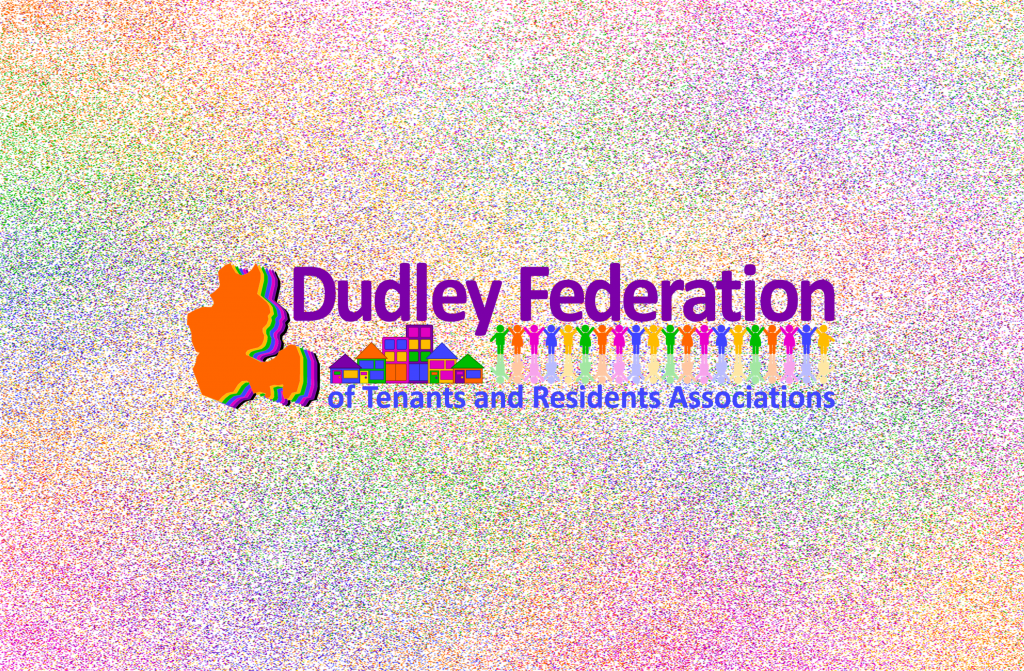Home Fire Safety Message from West Midlands Fire Service
On March 10, 2015
A Home Safety Check can sound daunting to many people, especially the elderly; however, the following will explain what the check entails and how you go about having one carried out. A Home Safety Check is where members of your local Fire Service visit your home, at a convenient time. They carry out an inspection of your home to identify possible causes of fire.
Home safety checks are completely free and you may be eligible for free smoke alarms to be fitted where required. You will not be sold anything, and the staff will carry identity cards. The visits focus on three key areas:
-
Identification and awareness of the potential fire risks within your home.
-
Help you to know what to do in order to reduce or prevent those risks.
-
Work out an escape plan in case of fire does break out and ensure you have working smoke alarms.
The inspection of your home is not as intrusive as it sounds. We will visit your home, sit down and talk to you about fire safety issues, covering areas such as electrical safety, candle safety, cooking safety and the use of electric blankets. We will then, with your permission, look at the various rooms within your home paying particular attention to areas such as overloaded plug sockets or wires trapped under carpets. You are welcome to ask any questions that you have, in respect of your home safety. We will also run through a night time routine and an escape plan, if you do not already have one. This includes what to do when a smoke alarm activates in the night, and is very important to ensure the whole family responds in a planned way.
-
There were 39,600 dwelling fires in Great Britain in 2013-14
-
Of the 258 deaths in dwellings in 2013-14, 219 (85%) were of accidental causes.
-
No smoke alarm was present in 12,000 (31%) dwelling fires in 2013-14 in Great Britain. A smoke alarm was present but did not operate in 19% of dwelling fires
-
Nearly 40% of dwelling fire deaths in Great Britain occurred in properties where no alarm was installed
-
The most common identified cause of death from a fire incident is being overcome by gas, smoke or toxic fumes. In 2013-14, fire and rescue authorities reported 322 fire-related fatalities of which 133 people died because of this cause, accounting for 41% of all fatalities.
-
In 2013-14, the total number of non-fatal casualties in dwelling fires in Great Britain was 7,800
It is widely accepted that three out of four domestic fires are not attended by the Fire Service due to being detected or dealt with by residents – such as unplugging the appliance or turning off the electrical supply because the smoke detector alerts them quickly to the situation. This results in less injuries and less damage to the property and possessions. Working smoke detectors react to elements of combustion and warn the occupants EARLY, before fire takes hold.
You can make a referral on behalf of another person – however unless you are responsible for that person, you will need to obtain their permission before you proceed. We are particularly looking for referrals from elderly, those living alone and people with sensory or mobility issues. Have a word with everybody who you know and please promote this service to them. Many people think they have suitable detectors in the right place but we often find they are not in the best place, or are not working effectively due to their age or have no batteries.
All we need are the contact name, address and phone number being passed onto the West Midlands Fire Service Free phone number and our central team will follow up and agree an appointment time with the resident. So call for free on – 0800 389 5525 – Quote TRACS number 1988. This will help us to identify your call with this Police e-mail campaign.
TOPICS





